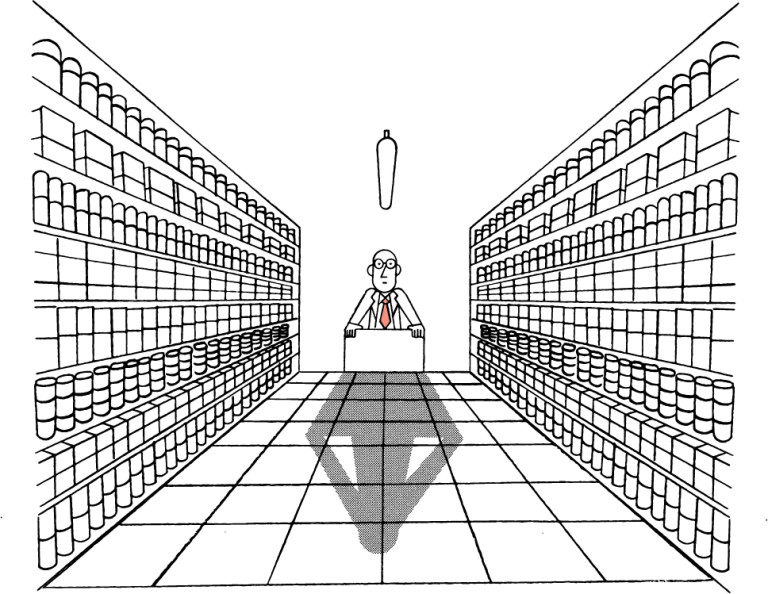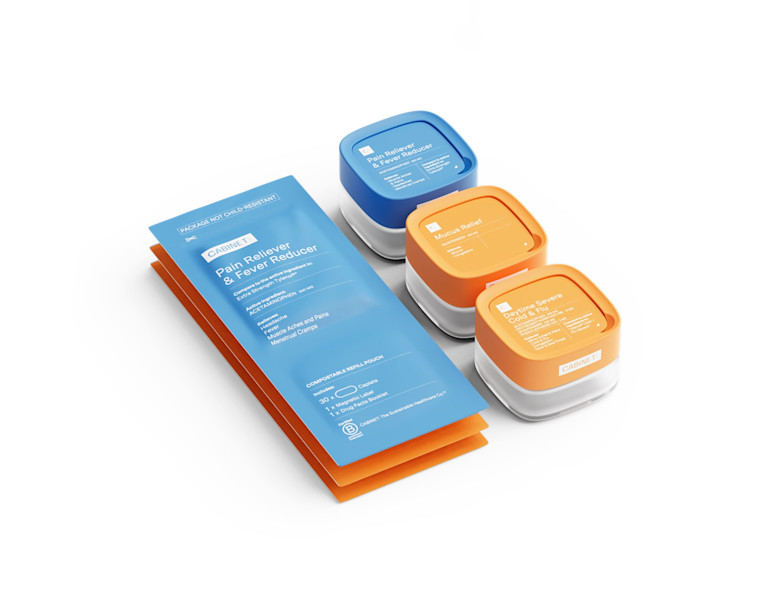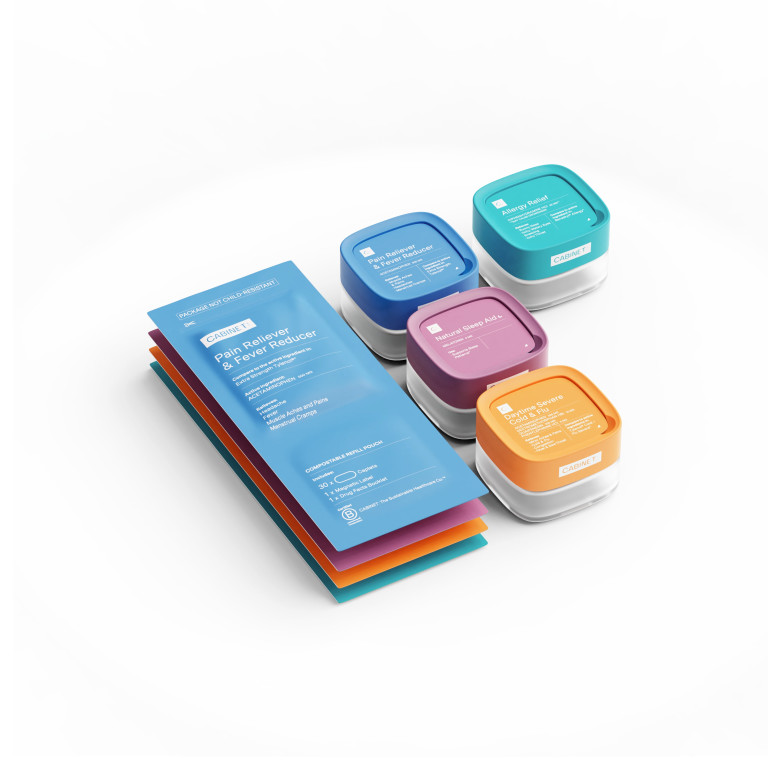Health is a lifelong journey and there are many eco-conscious changes you can make to take care of the planet, while taking care of yourself!
Here are 8 ways you can be more sustainable the next time you visit your local pharmacy:
1. Buy smaller pill counts
It’s not unusual to see medicine bottles with 500 to even 1000 pill counts. In fact, many over-the-counter medicines and supplements come in bulk quantities. While bulk quantities and prices may seem like a good deal, most people never finish these bottles before they expire—leaving hundreds of pills as waste.
Medicine products sold in the U.S. typically have an expiration date that extends from one to five years from the time of manufacture. And once the expiration date has passed there is no guarantee that the medicine will be safe and effective.2
The next time you’re looking to stock up on medicine, think about how often you actually take the pills and pick the lowest quantity that suits your needs.
2. Purchase sustainable options (when available)
The pharmaceutical industry produces around 194 billion single-use plastic bottles a year. We at Cabinet have created the first sustainable alternative to address this issue!
Each Cabinet product reduces up to one pound of plastic from entering the environment. Read more about our medicine and innovative packaging system here.
3. Ditch the bags → bring a reusable tote
According to the U.S. Environmental Protection Agency (EPA), 730,000 tons3 of plastic bags, sacks, and wraps were produced in 2015. Over 87% of these plastics are never recycled and, instead, end up in the ocean or landfills.
On your next trip to the store, opt to bring your own reusable tote bag for your purchases. Stay prepared by also keeping some totes bags in the trunk for spontaneous shopping trips.
4. Come to the pharmacy prepared with your insurance information
One huge thing patients don’t see behind-the-scenes in the pharmacy is the amount of waste—paper and plastic. All medicine must come with proper labeling and associated medication guides.4 Depending on the type of medicine you were prescribed, prescriptions can come with medicine guides that are well over 10 pages long.
A very common scenario: When pharmacies don’t have a patient’s insurance information, pharmacy staff (pharmacy technicians and pharmacists) often will fill their prescription under a cash price. The prescription, along with all barcodes and informational guides, will be ready for pick up under a specific price.
When the patient does eventually come in to pick up their prescription, they’ll often also bring in their insurance information. To add the patient’s insurance to the prescription, the pharmacy staff has to throw away all labeling (and medication guides) that was already printed out and replace it with new labeling that has the new insurance information.
This happens to thousands of patients a day and if a patient is picking up several medications, this process would occur for each prescription. Unfortunately, for most pharmacies, there’s no option to avoid this additional paper waste.
The next time you have a prescription, make sure your pharmacy has your updated insurance or coupon information on file before they process and fill your order. You can call or walk in to the pharmacy to provide this information.
5. Pick up your meds when they’re ready
After a pharmacy fills your prescription, most pharmacies will hold your prescription for pick up anywhere from two to 14 days. But what happens when you don’t pick it up?
Prescriptions that don’t get picked up get returned to stock. Pharmacy staff will throw away all the paperwork associated with your prescription and use your pills to fill other orders for the same drug. The result? More paper and plastic bottle waste.
After putting in an order for a prescription, make sure to go in and pick it up! If you can’t make it, you can:
ask a friend or family member to pick it up for you
call the pharmacy and ask them to hold it for a few more days
request that the pharmacy deliver the prescription to you
6. Get what you actually need
Walking through the medicine aisle of a pharmacy can be overwhelming. It can appear as though there are several options that all seem to do the same thing. It’s tempting to pick out multiple options for your ailment, but finding the right option can help you save money, reduce waste, and avoid unwanted drug interactions.
If you’re unsure of which medicine is best for you, head over to the consultation window and ask a pharmacist for a recommendation.
7. Repurpose empty prescription bottles
If you take medications chronically, prescription bottles can really pile up. Here are some ways you could repurpose empty prescription bottles:
Container for small objects like safety pins, bobby pins, hair ties, or seeds
Travel-sized container for shampoo, lotion, or soaps
Coin holder for the car
Materials for children school projects
Fun Christmas or Halloween decorations—get creative with it!
8. Recycle empty prescription bottles
If you can’t repurpose your prescription bottles, recycle them. Prescription bottles are made from #5 plastic (or polypropylene), which is a recyclable plastic. Here are a few ways you can start recycling:
Ask if your neighborhood’s curbside recycling program accepts prescription bottles.
Check to see if your local recycling center accepts #5 plastics. Earth 9115 is a helpful resource and has a great search tool if you’re looking for a recycling center near you.
Ask if your local pharmacy recycles empty prescription bottles.
Do a search for prescription bottle take-back programs. Gimme 5 is a great program where you can mail-in prescription bottles for recycling [this program is currently paused].
Tip: The Association of Plastics Recyclers6 recommends leaving caps on plastic bottles for recycling.










